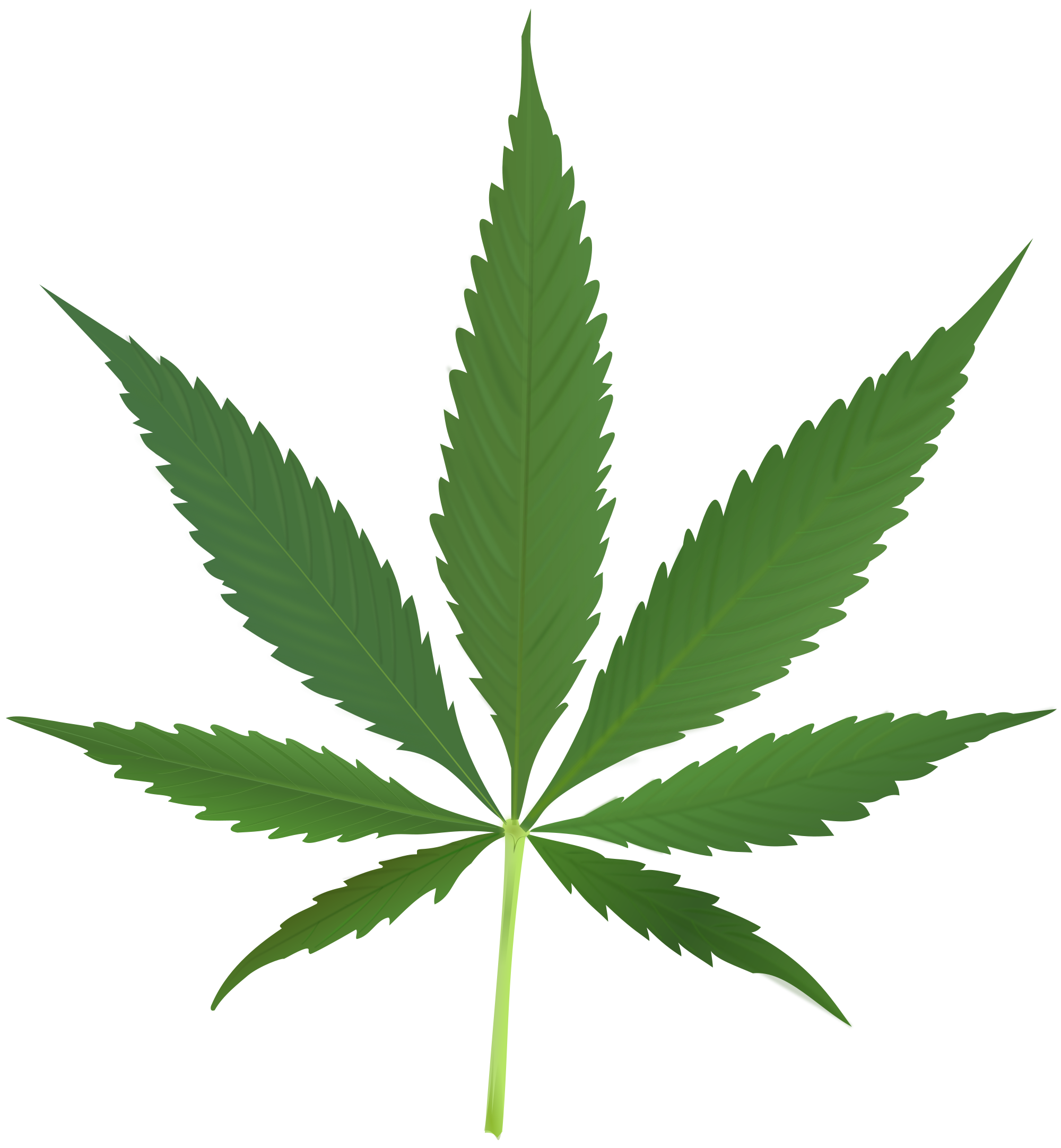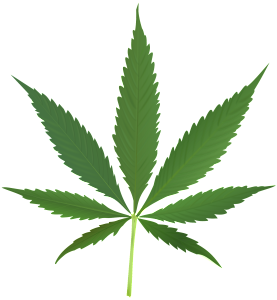At what point do we acknowledge that the solution to a problem has become the problem itself?
The Jim Crow laws spurred the systematic destruction of black communities by making every black person a second class citizen in the eyes of the law. While many thought Jim Crow would die with the Civil Rights Act of 1964, the American legal and justice system refuses to let the policies of 60 years ago die with their namesake.
The War on Drugs has been raging in the streets of our urban communities since the Reagan era. The “just say no” spirit of the 80s was a nice rallying cry against drug use by high-schoolers, but the reality of the crusade against illicit drugs is far more disheartening. Intentional or not, United States Law Enforcement has been using its legal authority to criminalize not only drugs, but blackness itself.
A black man in the United States is 11.8 times more likely to be sent to jail on drug charges compared to a white man, despite nearly identical reports of drug use by the two races.
When you examine the war on drugs state by state, the leveling of unfair bias on black shoulders is even more apparent. In Illinois 4,210 of 100,000 black people were sent to prison on drug charges compared to only 857 of 100,000 whites. In Georgia, blacks make up 58% of drug arrests, while only 14% of reported drug users are black. In our very own New York State, blacks in prison for drug charges outnumber whites 3:1, despite our population only being 15% black.
Even moving past the striking racial bias of law enforcement, the war on drugs has been proven to be laughably ineffective. From 1991 to 2006, drug use has, in fact, gone up 2.5%. Not surprising when you examine our country’s primary mode of dealing with drug addiction is to lock up the victim and throw away the key. In a system where 80% of all drug arrests are for simple possession as opposed to dealing, is any good actually getting done in the fight against the root problem of drugs?
The incarceration of countless black lives across the country has several devastating outcomes. “What the drugs haven’t destroyed, the warfare against them has,” writes Ed Burns, co-creator of The Wire, in an op-ed piece for Time Magazine. A policy that stresses incarceration as the only tool against the drug trade leaves communities without leaders, sons without fathers, and schools without students. A criminal record goes a long way in destroying a future, convincing a potential employer that a person who may have made just one mistake is a criminal. The human toll from the war on drugs is far greater than the toll law enforcement officials have tried to inflict on the narcotics gangs. When you lock up a 17 year old kid for possession of crack with a minimum mandatory sentence of 10 years, you’re potentially locking up a scientist, a poet, or, more importantly, a brother or a son, and wasting year of his life.
If the point of war on drugs is to protect our kids from the dangers of drugs, how does exposing them to the dangers of prison time protect them?
The targeting of black lives for mass incarceration also criminalizes blackness in general. When you hear that a person has gone to a jail on drug charges in this country, you would be statistically correct to bet that that person was black. This tarnishes the character and social image of the black man, and it’s by no means the black man’s fault. The deliberate targeting of black communities as supposed centers for drug use results in the mass incarceration; it’s not that black people use more drugs than white people. In bulk numbers, it’s reported that white people commit far more drug crimes than black people. However, the stereotypes and pop-culture don’t take into account the facts of the matter or the underlying prejudices.
A shift away from incarceration as the primary strategy against drug crime would be a good place to start. Alternative methods, such as reducing drug demand by treating addiction as a public health problem rather than a criminal offense, exist and are far more logical than strict intolerance. In fact, it’s estimated that substance abuse counseling is 5-6 times cheaper than a year in federal prison.
Most alarming is how the cycle of disadvantage brought about by the war on drugs is self-sustaining. When discussing the current state of Minnesota drug policy, criminologist Michael Tonry points out, “current Minnesota drug policies damage minority communities and help assure that many minority group members remain locked in multi-generational cycles of disadvantage and social exclusion.” Our current law enforcement system leaves communities decimated, locked in cycle of poverty that can lead to only more drugs, and therefore more targeting, and more arrests. It’s a cyclical policy of institutionalized racism deliberately designed to cripple the black man’s ability to climb the social ladder.
“The persistence of a war on drugs that disproportionately burdens black Americans testifies to the persistence of structural racism,” writes Jamie Fellner, the senior advisor of the US Program at the Human Rights Watch. There’s no debate that there exists a stacked deck against black people and their communities when it comes to drug enforcement. So when that stacked deck traces back to the very policing organizations that vow to protect and serve the community, the term “New Jim Crow” is equitable. The systematic destabilization of black communities both economically and socially was the law back in the days of lynchings, the KKK, the Dixie-Crats, and the Jim Crow South. Today the same policies of structural racism, institutionalized bigotry, and the intentional vilification of black men and women remain law in the form of the so-called “War on Drugs”.


